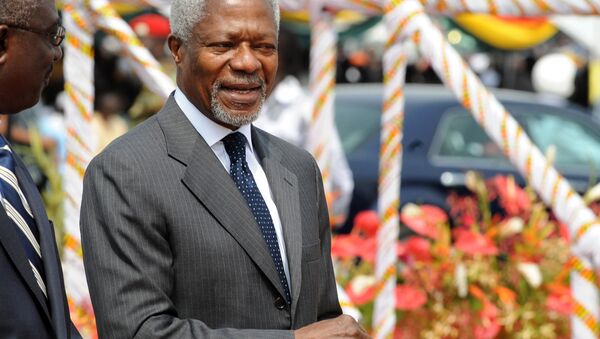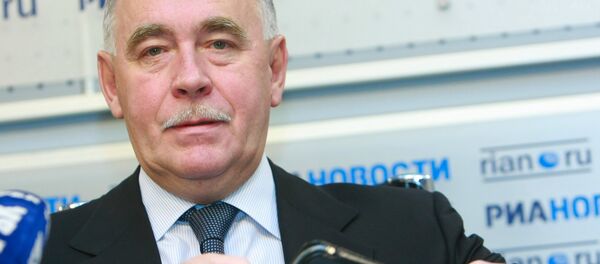The essay was released prior to the upcoming April 19-21 UN General Assembly special session on drugs. According to Annan, the session is a perfect opportunity to change the course of drug policy.
"In my experience, good public policy is best shaped by the dispassionate analysis of what in practice has worked, or not," he wrote, citing the legalization of the sale of cannabis for medical use in California in 1996, which hasn't led to an increase in consumption of cannabis by teenagers, despite fears trumpeted by some. Meanwhile, deaths from heroin overdoses nearly tripled in the US between 2010 and 2013, although the law remained unchanged.
There's plenty of evidence that the "war on drugs," as it has been waged by the United States, has failed, Annan observed. Prohibition has had little impact on the supply of, or demand for, drugs. But focusing on reduction of harm caused by drugs did make a difference. Adopting a needle exchange program in Germany induced a drop in the level of HIV infections among injecting drug users to 5 percent, a striking difference from the over-40 percent HIV infection levels recorded in countries that resisted this approach.
"The use of drugs is harmful and reducing those harms is a task for the public health system, not the courts," he wrote. "I believe that drugs have destroyed many lives, but wrong government policies have destroyed many more. If our children do develop a drug problem, surely we will want them cared for as patients in need of treatment and not branded as criminals."
He stressed, however, that a "regulated market is not a free market." World governments must work on intelligent and humanitarian regulation and common-sense public education, instead of suppressing drugs and the issues surrounding drug use.
"It is time to acknowledge that drugs are infinitely more dangerous if they are left solely in the hands of criminals who have no concerns about health and safety," Annan said, emphasizing that the misguided policies of the last 50 years have only contributed to a multi-billion dollar global drug market which fuels violence, corruption and international instability.




